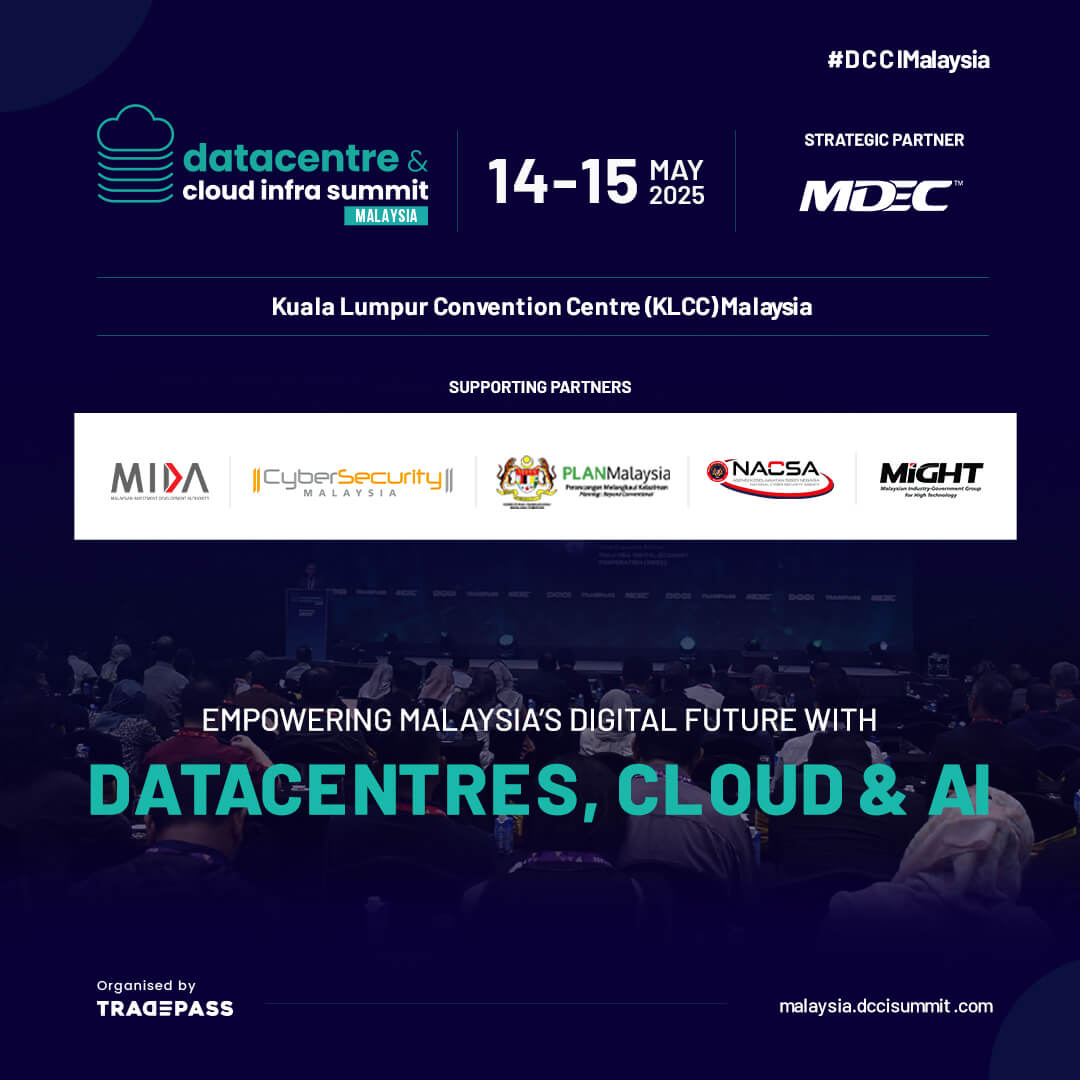Heaptalk, Jakarta — Ministry of Administrative Reform and Bureaucratic Reform (PANRB) conveyed that the government continues to strive to implement thematic Bureaucratic Reform (RB), which directly resolves community problems, one of which is through innovation in creating a bureaucracy that has a positive impact.
“President Joko ‘Jokowi’ Widodo has mandated the bureaucracy process to impact society directly, not just be a pile of paper. For this reason, multiple innovations must be performed to encourage agile and quicker bureaucracy.” The Minister of PANRB, Abdullah Azwar Anas, affirmed during the New Public Management Governance and Regional Innovation Seminar at Century Park Hotel Jakarta. (11/27)
In front of the ranks of the Indonesia Institute for Public Governance (IIPG), Anas said that with innovation, Indonesia’s regions will be more powerful and progress quickly. As the developer of public services, the Ministry of PANRB continues to encourage local governments to replicate innovation through the Public Service Innovation Forum (FRIPP).
“Almost overall regions continue to develop various innovations in their services, reaching around 1,373 innovations that have been carried out.” The former of Banyuwangi Regent Anas said.
Regarding the Future Governance aspect, Anas explained the four areas that are the main focus of this Thematic RB, including poverty alleviation, increasing investment, digitizing government administration, and accelerating the President’s actual priorities. In Future Governance (Governance 5.0), Anas delivered this aspect to transform the existing paradigm from government regulating society to government together with the community.
As information, IIPG is a strategic partner supporting public governance reform to achieve outstanding performance by maintaining synergy and harmonizing multi-sector roles, including the private and public sectors. Based on his perspective, one of the objectives of the Indonesia Institute for Public Governance is to assist the public sector in implementing bureaucratic reform.
Concurrently, the General Chairman of IIPG, Sigit Pramono, explained that ethics training is considered the most critical aspect. For this reason, he looks forward to the fact that government entities can share their strategic ideas regarding governance systems of public management and regional innovation. Sigit expects the thematic RB to develop further through this seminar agenda and create innovations that benefit community services.
Translated by Syifa















